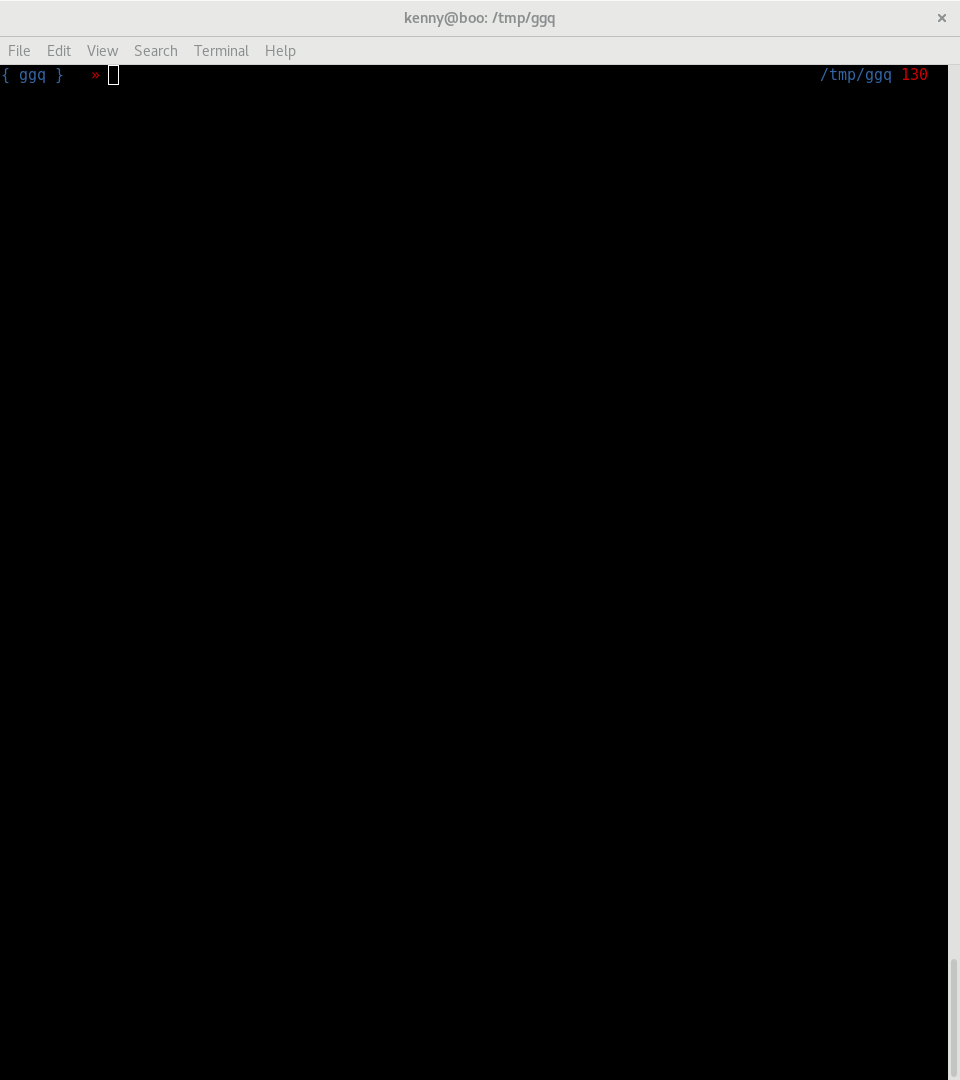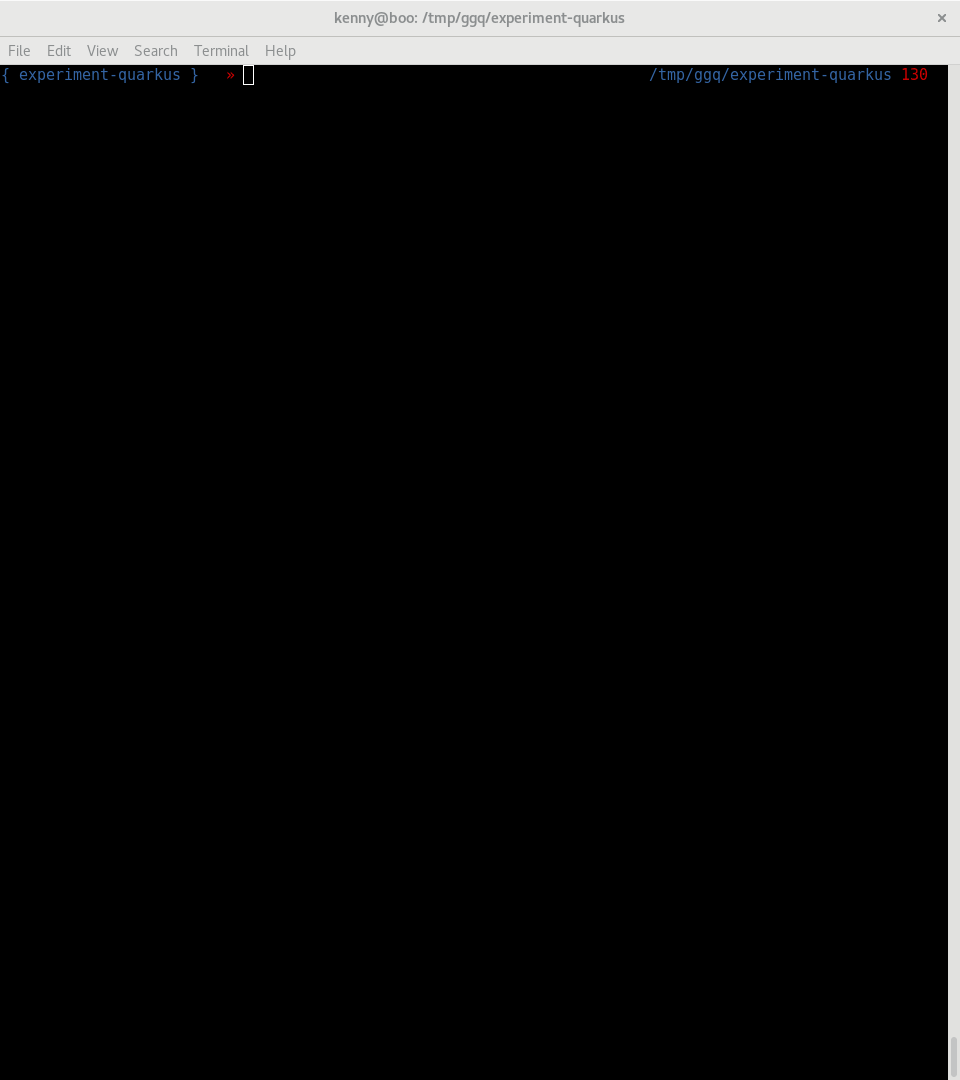As part of the study at the HFTM Grenchen in the module XML processing, an example project was developed which is to illuminate specific XML technologies.
Chosen technology:
- XSLT
- xStream as an alternative to JAXB
GGQ is a code generator for Quarkus which was implemented as a CLI. The input is an XML file which contains the entities (see example below).
The transformation of the individual entities into the respective output files is implemented using XSL templates.
The following types can be generated:
JPA_REST→ REST Application incl. Swagger using EntityManager (100% test coverage)HIBERNATE_PANACHE_REST→ REST Application with pagination incl. Swagger using PanacheRepository (100% test coverage)JPA_SPRING_REST→ REST Application with pagination incl. Swagger using Spring (data, di, web) (100% test coverage)MONGO_PANACHE_REST→ REST Application incl. Swagger using ReactiveMongoPanacheRepository (~80% test coverage)MONGO_PANACHE_REST_OIDC→ REST Application with OIDC (KeyCloak) incl. Swagger using ReactiveMongoPanacheRepository (~80% test coverage)HIBERNATE_PANACHE_REST_KAFKA→ Application with pagination incl. Swagger using PanacheRepository every UPDATE, CREATE or DELETE of an Entity is published to Kafka (~75% test coverage)
The following content is generated based on the entities
- JPA or Mongo Entities
- DTOs
- Mapper (DTO <-> Entity)
- Repository (interface & implementation)
- Service (interface & implementation)
- REST Resource (incl. swagger)
- UnitTests
- IntegrationTests
- TestUtil per Entity
The following files are generated once
- pom.xml
- basic index.html page
- application.propperties (test, dev, und prod)
- Exception Handling
- RandomGenerator.java (for tests)
- README.md
- docker-compose.xml
This is the simple example XML try the command
printXml --extendedor create your own
<entities>
<entity name="Movie">
<variables>
<variable name="name" type="String" required="true" />
<variable name="date" type="java.time.LocalDate" required="true" />
</variables>
<relations>
<relation name="genre" type="Genre" mapping="ManyToOne" required="true" />
</relations>
</entity>
<entity name="Genre">
<variables>
<variable name="name" type="String" required="true" />
</variables>
</entity>
</entities>- build
./mvnw clean package - run all tests (integration tests will build a generated Application from the extended XML example)
./mvnw -Pintegration-tests test
$ java -jar target/ggq-1.0.0-SNAPSHOT-runner.jar -h
Usage: <main class> [-hV] [COMMAND]
-h, --help Show this help message and exit.
-V, --version Print version information and exit.
Commands:
codeGenerator Generate boilerplate code for Entities
printXml Print an example XML for the Code Generator
xslTransformer Transform XML by using a XSL stylesheet
xmlWizzard CLI Wizzard for creating and updating a XML for the Code Generator → better edit the XML manualy ;)How does is the project name chosen?
→ it is taken by the project dirs las folder (to lowercase) Which variable types are allowed?
- String
- Integer
- Double
- java.time.LocalDate
- java.time.LocalDateTime
Those types are tested
→ you can still try other types but you may have to adapt the RandomGenerator for the tests, and to avoid adding the imports define the type incl. package name
$ java -jar target/ggq-1.0.0-SNAPSHOT-runner.jar codeGenerator -h
Usage: <main class> codeGenerator [-hV] [--basePackage=<basePackage>]
--input=<input> --projectDir=<projectDir>
[--type=<templateType>]
Generate boilerplate code for Entities
--basePackage=<basePackage>
Base package
-h, --help Show this help message and exit.
--input=<input> XML File containing entities
--projectDir=<projectDir>
Quarkus project directory
--type=<templateType>
template types (valid values: JPA_REST,
HIBERNATE_PANACHE_REST, JPA_SPRING_REST, MONGO_PANACHE_REST,
MONGO_PANACHE_REST_OIDC, HIBERNATE_PANACHE_REST_KAFKA)
-V, --version Print version information and exit.-
Generate an
entities.xml# Simple example with Movie and Genre java -jar target/ggq-1.0.0-SNAPSHOT-runner.jar printXml > entities.xml # More complex example Brewery java -jar target/ggq-1.0.0-SNAPSHOT-runner.jar printXml --extended > entities.xml -
Generate Quarkus Application form
entities.xmljava -jar target/ggq-1.0.0-SNAPSHOT-runner.jar codeGenerator \ --input entities.xml \ --projectDir experiment \ --type HIBERNATE_PANACHE_REST \ --basePackage com.experiment -
Navigate to the
projectDirand run the tests./mvnw -Pintegration-tests test -
Check the test coverage
target/site/jacoco/index.html -
Start the generated Application in
devmode./mvnw quarkus:dev -
Access the Application
http://localhost:8080



